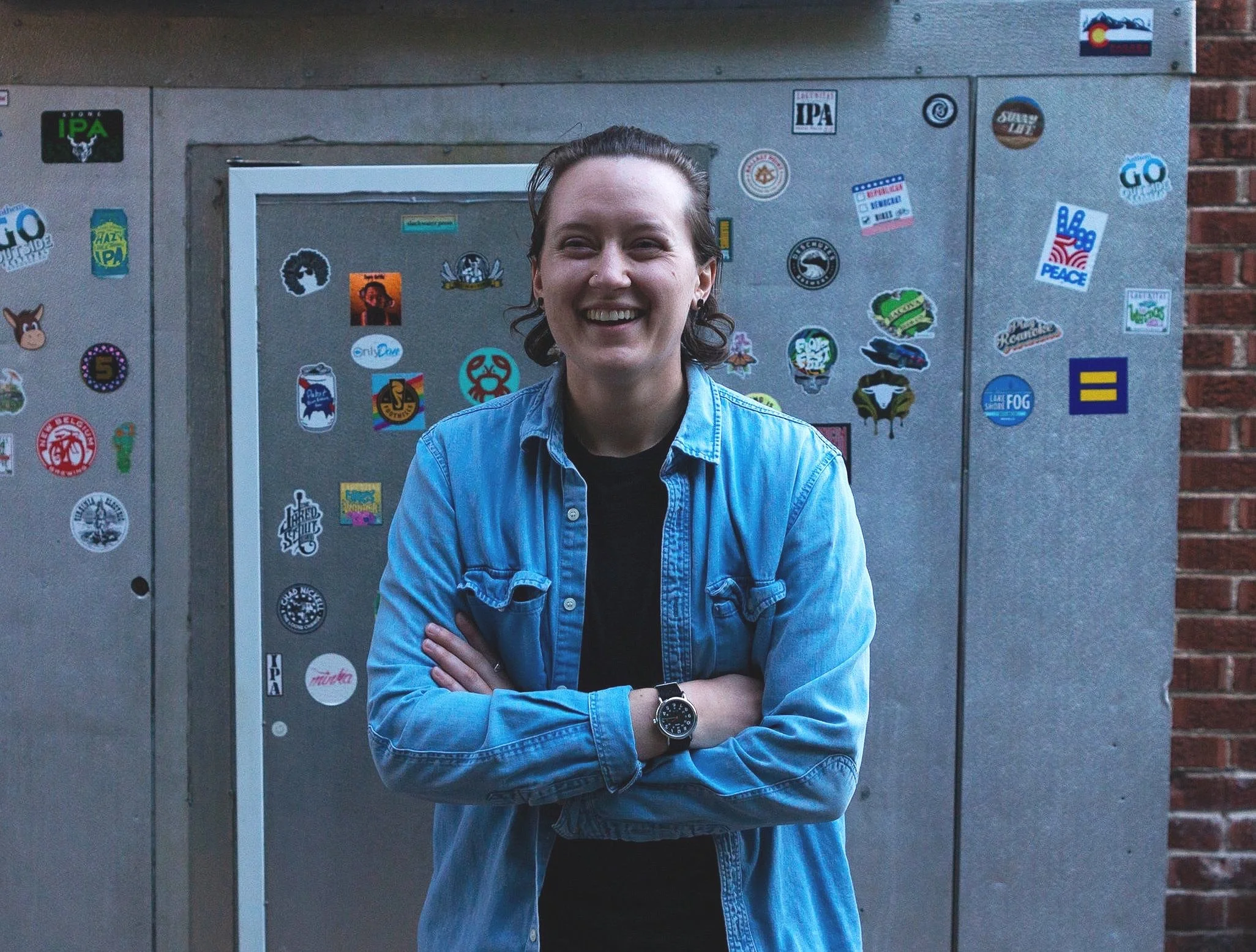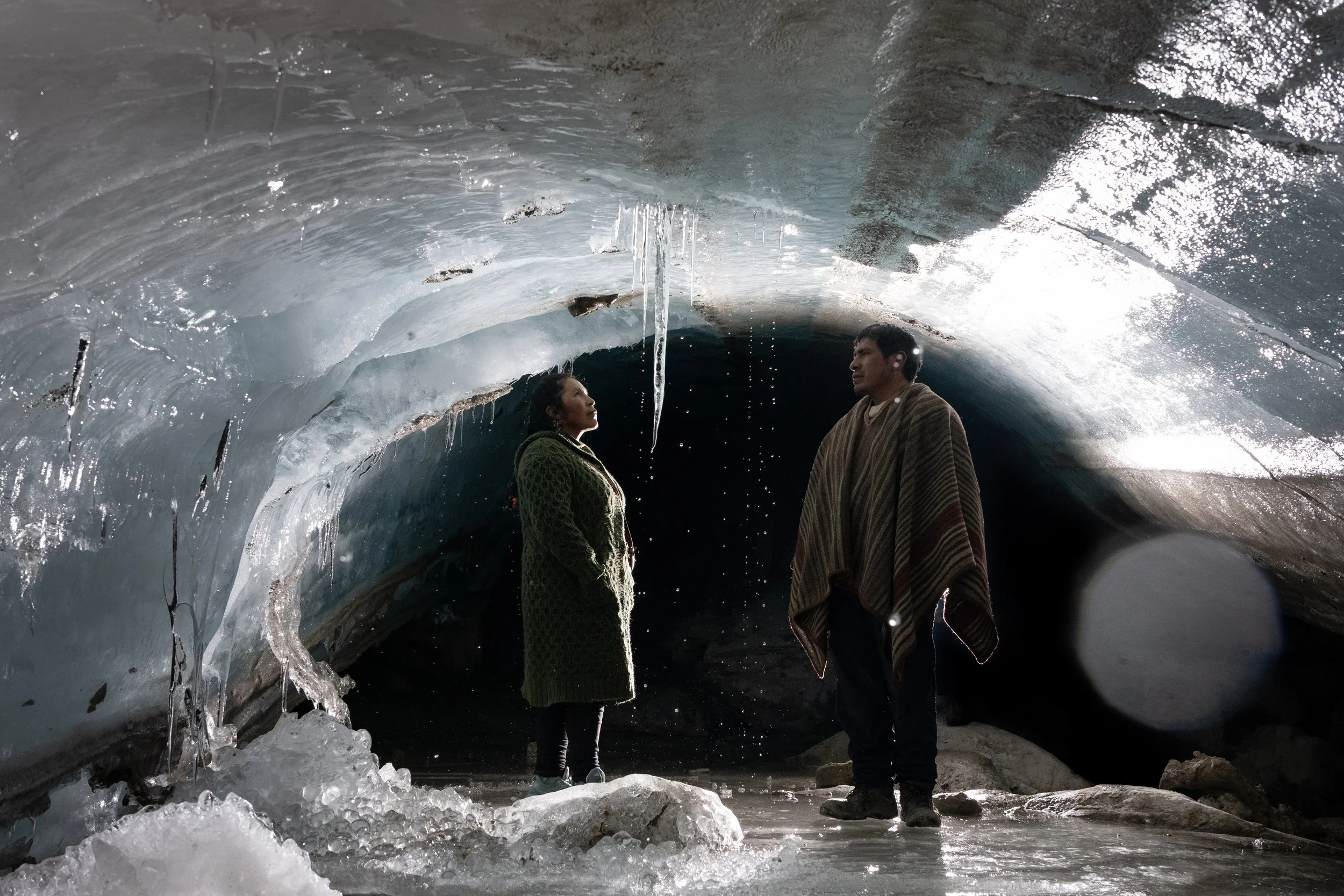Water is our life source—about 60% of the human body is made up of water. In a household, school or workplace, water is viewed as a source of dignity, health, hygiene, and productivity. In the natural environment, water is seen as a source of peace, harmony and preservation. And in cultural and spiritual places, water serves as a connection to creation, community and oneself.
According to a 2019 report from the World Health Organization, 785 million people currently don't have access to a basic drinking water service—a water source located on or within a premise that's available when needed and free from contamination. It's estimated that by 2025, half of the world's population will be living in water-stressed areas.
To celebrate the multidimensional value of water, we're highlighting the work being done to raise awareness for this resource and safeguard it for the benefit of everyone. The following organisations help shed light on the global water crisis and support the UN Sustainable Development Goal 6: water and sanitation for all by 2030.
Photo by Jeff Hester
1. Love The Oceans
Love The Oceans (LTO) is a marine conservation organisation founded to protect the vulnerable marine life in Jangamo Bay, Mozambique. The team studies the diverse marine life found there, including sharks, manta rays and humpback whales, to drive action towards a more sustainable future.
In order to achieve their goals, they've developed a three-step approach for research, empowerment and community-led conservation initiatives. Their research focuses on fisheries, coral reefs, megafauna and ocean trash. LTO also empowers local communities by collaborating with local fishermen and running workshops to educate children about marine resource management, sea safety and sustainable fishing. The team also takes a community-led conservation approach to develop and implement alternative sources of food and income. Their goal is to establish a Marine Protected Area for the Inhambane Province in Mozambique to achieve higher biodiversity while protecting endangered species.
Photo by Vera Nieuwenhuis
2. Ocean Sole
Ocean Sole is an organisation that recycles flip-flops that have been found along the beaches and waterways in Kenya. The collected flip-flops are used to create art and functional products that bring awareness to the current state of our oceans and how we as a global community can help protect our planet. The items are sold at local Kenyan markets, which provides another means of income for its community members.
Approximately 1,000 individuals have been positively impacted through these efforts because it provides direct employment. Ocean Sole has an annual goal of recycling one million flip-flops and saving over five hundred trees by using flip-flops as an alternative to wood. They also recycle over one tonne of styrofoam and contribute 10 to 15 per cent of their revenue to beach cleanups, vocational and educational programs, and conservation efforts.
3. Water Charity
Water Charity provides communities around the world with access to clean drinking water and improved sanitation. During the 14 years this not-for-profit organisation has been operating, the team has completed more than 6,000 water, sanitation and public health projects in 78 countries, and assisted more than six million people. Currently, Water Charity is focusing on several important initiatives, including the Water For Everyone Initiative, and the West and East Africa Water and Sanitation Programs.
Water Charity is also partnered with the National Peace Corps Association to implement projects focused on water, sanitation, public health and the environment in Senegal, The Gambia, Burkina Faso, Ghana, Togo, Benin, Morocco, Cameroon, Sierra Leone, Liberia and Guinea.
Photo by Nicholas Giombi
4. Give And Surf
Give And Surf empowers the local Indigenous and Panamanian community members living on four islands in the Bocas Del Toro Island archipelago through education, community development and cultural appreciation.
The majority of these communities are remote and have limited access to electricity, running water, clean drinking water and bathroom facilities. Give And Surf assists over 1,000 students per week in the Bahia Honda and Bahia Roja communities by teaching preschool, kindergarten, summer school, English classes, a surf outreach mentorship program and a music program. They have recently expanded their outreach to the communities in Old Bank, Carenero, Bocas Town, Isla Cristobal and Solarte by offering teen and adult English classes. And they have built three community centres and classrooms on the Bastimentos, Cristobal and Colon islands.
5. SwimTayka
Drowning is a silent epidemic that claims approximately 320,000 lives annually and is one of the top five causes of death among individuals aged 14 years and younger. More than 90 per cent of unintentional drowning deaths occur in developing countries, and death rates due to drowning are highest within Africa regions.
To minimize the risk of drowning, SwimTayka provides swimming lessons and environmental education to children who live in communities with limited access to resources. The organisation's instructors not only teach the skills associated with swimming but also inspire the children. They hope students will teach swimming to the next generation and become environmental leaders who love, care for and respect the life-giving rivers, lakes and oceans that surround their communities.
Photo by Paul David
6. RAVEN
RAVEN (Respecting Aboriginals Values and Environmental Needs) is a non-profit charitable organisation that collaborates with Indigenous communities in Canada to help them raise funds to represent their legal interests in the national sphere. This often involves petitioning for land rights, water protection and other forms of environmental stewardship when in opposition with large corporate bodies and government interests.
In October 2016, over 110,000 liters of diesel oil spilled in Heiltsuk waters on the central coast of British Columbia. This caused a disruption to the Indigenous way of life, economy, history, identity and spiritual connection to the land. RAVEN is currently working alongside the Heiltsuk as they take the Kirby Corporation and the federal and provincial governments to court. A win for the Heiltsuk could possibly toughen oil spill regulations along the whole Pacific coast and set a precedent for Indigenous title to the foreshore and seabed. It would also strengthen Heiltsuk jurisdiction in the courts so they can manage their territory according to Heiltsuk laws.
To help these organisations protect and provide water rights, please visit each website to support them in any way you can.















